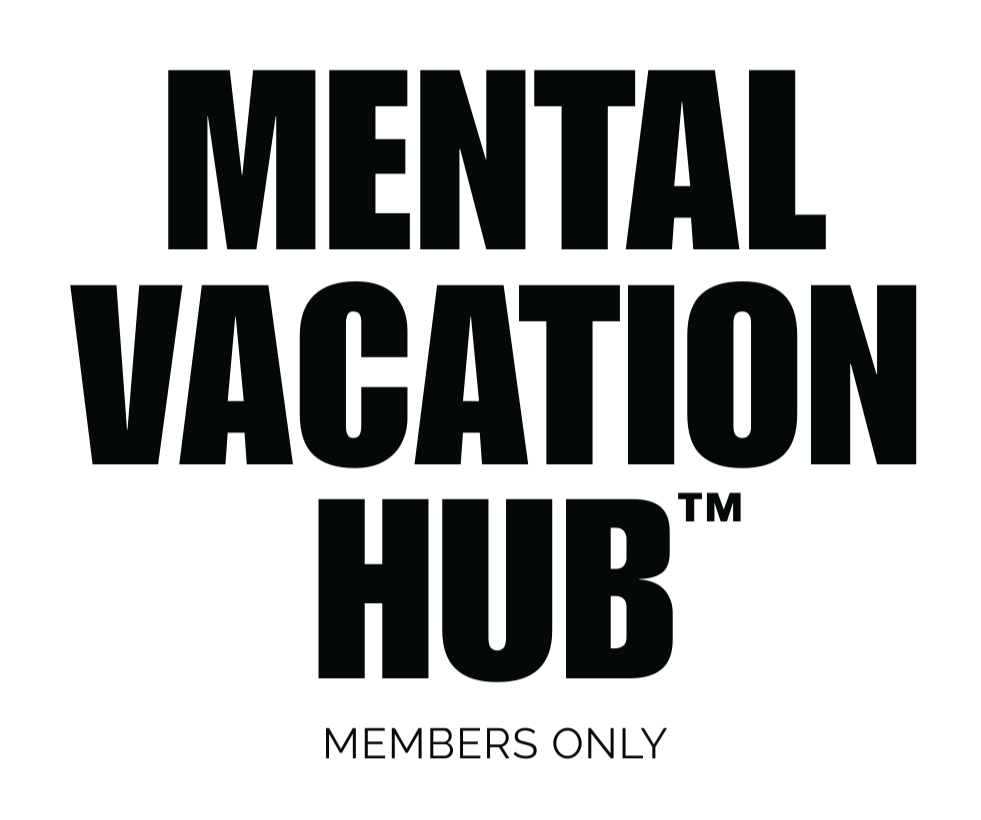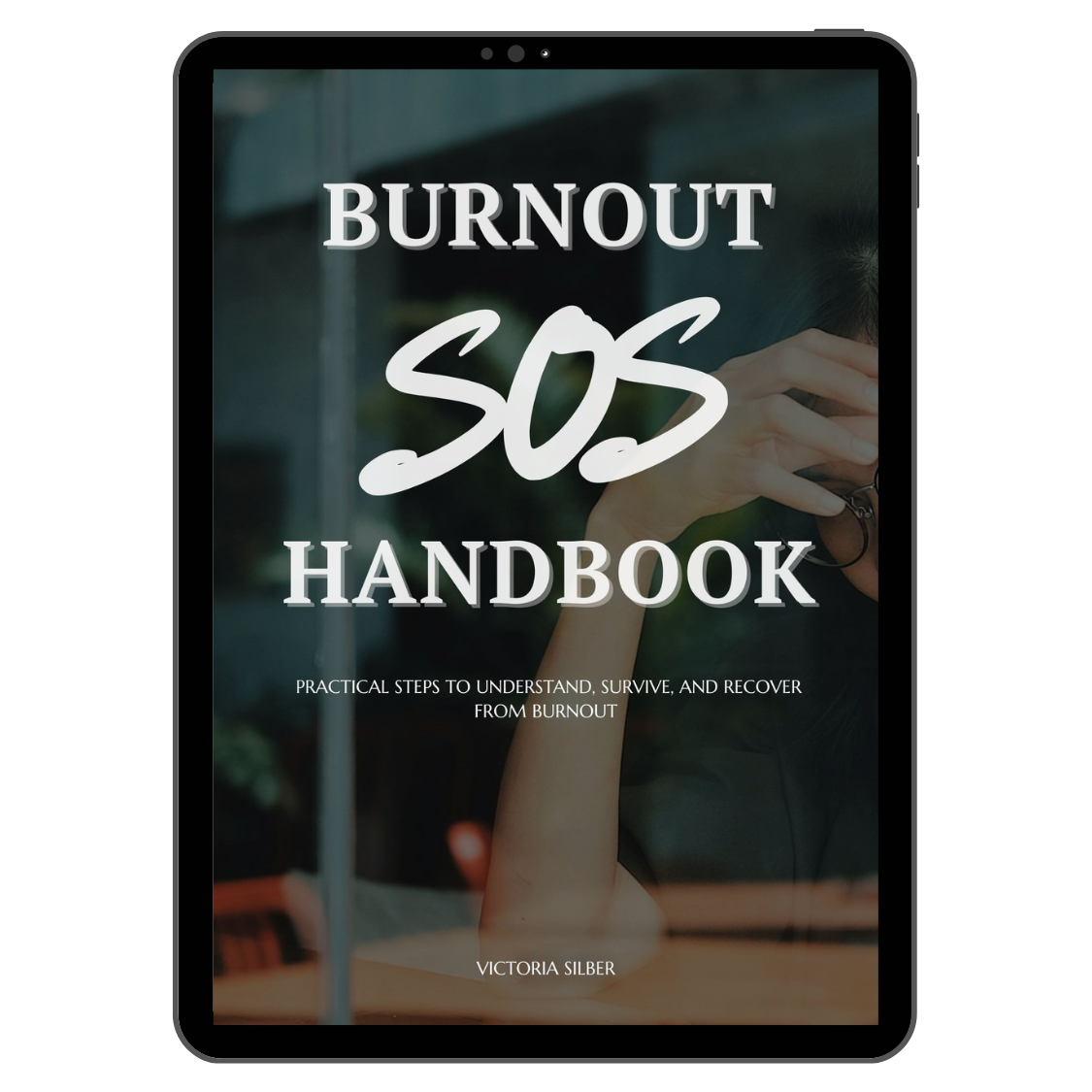Moderate Burnout Risk
You're Showing Early Signs
Your assessment indicates that stress is starting to take root in a way that goes beyond the occasional bad day.
You may feel more tired than before, less motivated, or find yourself checking out emotionally.
This is how burnout begins.
Why This Matters And Why Now Is Critical
The difference between stress and burnout is recovery.
Stress is temporary; burnout happens when your energy never fully returns.
The good news: you're catching this early. This is your window to act before burnout deepens.
Early intervention at this stage can shift your trajectory completely.
You can prevent months or years of struggle by taking action now.
What to Do Immediately
Audit your energy leaks.
What tasks or people leave you completely drained? Can you delegate, minimize, or eliminate them? Even one energy drain removed makes a difference.
Practice a hard stop at the end of your workday.
No "just one more email." Your nervous system needs to know work ends. This boundary is non-negotiable.
Journal your stress triggers for one week.
Write down what drains you, when it happens, and how you feel. Patterns emerge. Once you see them, you can address them.
Identify one recovery ritual.
Not someday—this week. One thing that genuinely restores you. Sleep, movement, time with people you love, silence. Do it consistently.
Talk to someone.
Burnout grows in isolation. Share your reality with someone safe—a partner, friend, coach, or therapist. Saying it out loud changes it.
You've Already Done the Hardest Part
You noticed. Most executives don't until they're in crisis.
That awareness is your superpower right now.
FAQ
How long until this becomes serious burnout?
It depends on what you do now.
If you make changes this month, you can reverse the trend. If you ignore it, burnout typically deepens over 3–6 months.
The difference is action.
Can I fix this on my own?
Some people can with strong self-awareness and support.
Others benefit from structured guidance.
If you've tried adjusting on your own and nothing shifts, that's a signal to get professional help.
What if I can't change my workload or environment?
You can always change how you respond to it.
Recovery practices, boundaries, perspective shifts, and support systems all matter.
But if your environment is fundamentally unsustainable, that's information too - sometimes the answer is finding a new role or organization.
Should I tell my employer?
That depends on your relationship with them and your workplace culture.
Some organizations take burnout seriously; others don't. You know your environment best.
What matters most is getting support, whether that's internal or external.
Next Steps
Download our free resource: The 5 Stages of Burnout for specific information about different stages of burnout and what to do about them.
Or book a Burnout Recovery Session to create a personalized 30-day action plan. We'll assess where you are, identify your biggest leverage points, and give you a clear roadmap.
This is your moment to act. Don't wait.
Want ideas to stay balanced?
Download helpful lists of resources that stop stress from turning into burnout.

